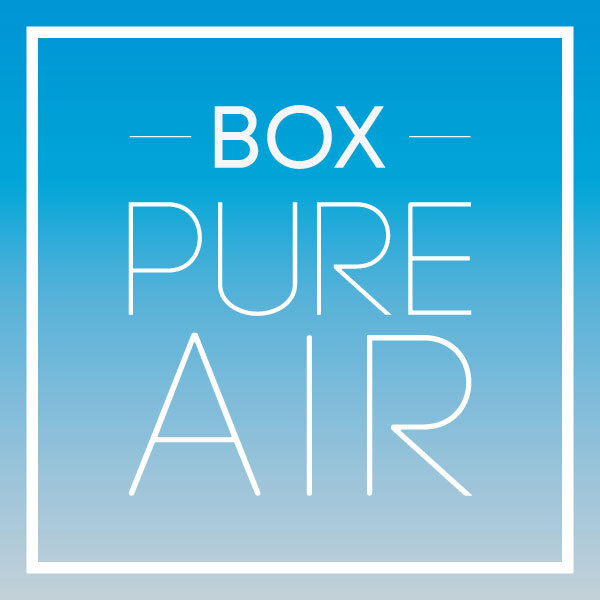Everybody Wants To Be Certified HEPA
A common term floating around the clean air market these days is the term “HEPA ‘Like’”. It refers to the HEPA filters used in air purification units that are designed to trap harmful microns in the air. Or at least the filters used are “like” HEPA filters.
First and foremost, HEPA stands for High-Efficiency Particulate Air, and it is has been used as a standard in air filtration dating back to the 1940s. Having filters in your air purification units that meet this standard is crucial. So crucial in fact, the term HEPA “Like” (sometimes called HEPA “Type”) was created as a way of passing off units with filters not up to HEPA standard. This along with the term “High Efficiency Filter”, instead of just “Certified” or “True” HEPA filter, creates confusion amongst consumers.
So what’s the big deal? Don’t HEPA “Like” filters still trap 99% of microns?
When dealing with fractions of percentages, it can seem as though there is little difference between two filters; one being Certified HEPA and the other not. The key is thinking of this increase not in a straight line but rather an asymptote, approaching but never actually reaching 0 (or 100% in our case). It is here we can imagine just how much of a difference there is between a filter with 99.87% efficacy and one with 99.999% efficacy.
When comparing these two filters with 99.87% (HEPA “Like”) and 99.999% (Certified HEPA) efficacy, we find that the filter with 99.999% efficacy is 130x cleaner than the alternative.
Even still, it is not unreasonable to assume that anything over 99% efficient is doing a superb job filtering out microns. After all, a perfect 100% will always be unobtainable. The difference though is noticeable when considering the number of harmful pathogens are in that 130x greater clean. The answer is 1.2 Billion. That‘s right, 1.2 billion added viruses will be missed because of that difference.
When dealing with enemies as small as .3 microns, the wording can mean everything. I mean you wouldn’t dive into water that seemed deep-ish or buy a car that has a reputation for being safe-ish, so what’s the point in spending money on air purification to have filters that are HEPA-ish?
Do the smart thing, and next time you’re looking for air filters make sure they come with a HEPA certification.


